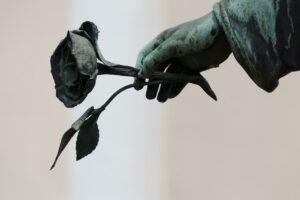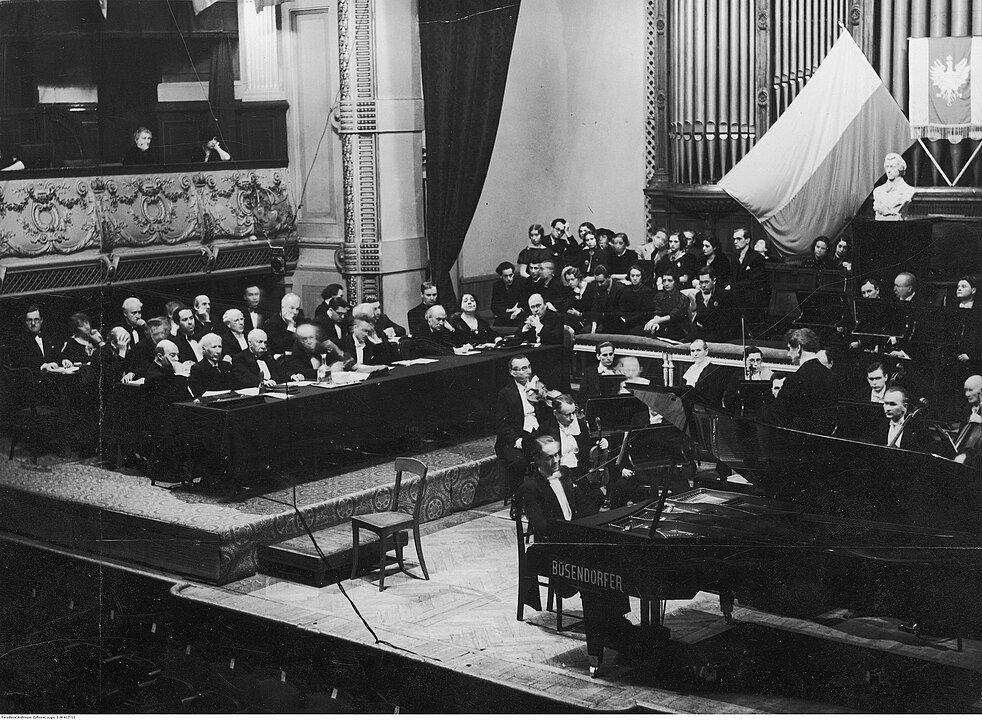
By Bronwyn Coate & Robert Hoffmann
Cultural markets and industries are rife with behaviour at odds with traditional economic assumptions. Evidence of this is found in some of the perennial issues within cultural economics such as how to address non-market valuation and market failure.
Since the inception of the field which, researchers at different times have pointed to limitations inherent in the assumption of full instrumental rationality for goods and services that frequently defy what it is to be a so-called normal good. For instance, in one of the most cited papers in cultural economics, Throsby (1994) notes that in some cases standard economic approaches ‘can be readily applied’ (p.16) to the arts and culture, while in other cases such approaches are ‘merely quixotic’ (p.14). Extending upon this view Blaug (2001) suggests cultural economics needs to move beyond the standard rational choice framework to incorporate developments in psychology such as bounded rationality (p. 126, 132–133). Similarly, according to Frey (2000), in the economics of the arts ‘it may be fruitful to transcend the rather rigid limits of orthodox neo-classics’ (p. 6) by drawing from a range of fields including cognitive psychology.
In our recent paper we make the case for further advancing cultural economics through the application of methods and insights from behavioural economics. As an initiative behavioural economics makes economics more descriptively accurate by incorporating empirical methods and insights from other social and human sciences, including most notably psychology. We argue that behavioural economics offers a consistent paradigm capable of both accurately reflecting human behaviour that can be described as ‘predictably irrational’ (see: Ariely and Jones, 2008) as well as bringing different models and methods that respect the traditional objectives and spirit of economic analysis. A further appeal of behavioural economics is its ability to inform the design and evaluation of cultural policy. While fields such as health, education and the environment have witnessed a burgeoning literature dedicated to policy initiatives informed by behavioural economics, within the cultural sector this has received scarce attention. While this is perhaps not surprising given that cultural policy occupies a rather niche position within governments active policy domain, its absence makes even more stimulating and challenging to investigate cultural policy issues from a behavioural economics perspective. This is particularly so at the present time when parts of the arts and cultural sectors around the world grapple with challenges (and new opportunities) in the wake of the global pandemic. In recognising the challenge for empirically informed and evidence-based policy, the most recent 21st International Conference on Cultural Economics reflected the theme of cultural policy.
In making the call for the greater integration of behavioural insights and methods into the field of cultural economics it is however important to recognise the extensive body of psychologically-inspired research that does already exist. Many anomalies in culture consumption and production have been recognised and are well established and accepted already despite not being explicitly linked to the cannon of behavioural economics. For instance, in re-reading Throsby’s (1994) highly influential paper, one can readily recognise many of the challenging cases he presents as fitting within the well-known catalogue of anomalies since documented within the maturing field of behavioural economics. Obvious examples here include endogenous and variable tastes, intrinsic and social motivations, biased perception and lacking information, overconfidence, poor willpower and seemingly unpredictable decisions. However, despite the contributions of psychologically inspired research within cultural economics, there has been little discussion about how behavioural economics can enrich cultural economics. We argue that behavioural economics enables a more systematic way to explore the application of these and other anomalies that can advance future research concerning the cultural economy. Also, given recent publishing trends reflecting the increased popularity for papers that employ behavioural economics, cultural economists can capitalise upon this interest to find new outlets for their research that can assist in elevating the standing and recognition of cultural economics within the broader economics discipline.
This is not to suggest that behavioural economics has not already been making in-roads to understanding how cultural economising occurs, but rather our intention is to make the call that considerable opportunities exist. The behavioural qualities of the arts and culture make behavioural economics a natural fit to employ in their empirical investigation. Within our field’s leading journal, the Journal of Cultural Economics, some of this emergent research can be found. As but two examples, Lattarulo et al. (2017) investigate nudging in the context of museum attendance while Suarez-Vazquez (2011) experimentally tests how individual cinema-goers are influenced by critical reviews and the presence of box office stars. These are but a few examples, although certainly more opportunities exist for cultural economists to pursue fruitful avenues of behaviourally inspired research.
We hope that cultural economists will continue to build upon the behavioural foundations that already exist within cultural economics. Behavioural economics offers cultural economists a useful tool-kit equipped with methods and insights that are well suited to analysis of the arts and culture. While there has been some uptake of the behavioural toolkit, further scope exists. The ultimate goal of a behavioural approach to the economics of culture is to establish how and under what conditions cultural economizing behaviour is impacted in predictable ways using establish parsimonious theories of choice informed by empirical insight. Whether or not the reader is convinced by the opportunities behavioural economics offers cultural economists, there are good reasons to examine them. For positivists, falsified concepts demand re-examination (Hausman, 1992, p. 236). After all, simplifying assumptions are a heuristic that economists use because of the unmanageable complexity of human decision making. Now that better tools are available, we can afford to engage with the complexity more deeply.
References
Ariely, D., and Jones, S. (2008) Predictably Irrational. New York: Harper Audio.
Blaug, M. (2001) Where are we now on cultural economics. Journal of Economic Surveys, 15(2),123–143
Frey, B. S. (2000) Arts and Economics: Analysis and Cultural Policy. Springer Science and Business Media.
Hausman, D. M. (1992) The Inexact and Separate Science of Economics. Cambridge University Press.
Lattarulo, P., Mariani, M., and Razzolini, L. (2017) Nudging museums attendance: a field experiment with high school teens. Journal of Cultural Economics, 41(3), 259–277
Suarez-Vazquez, A. (2011) Critic power or star power? The influence of hallmarks of quality of motion pictures: an experimental approach. Journal of Cultural Economics, 35(2), 119–135
Throsby, D. (1994) The production and consumption of the arts: A view of cultural economics. Journal of Economic Literature, 32(1), 1-29.
About this article
Coate, B. and Hoffmann, R., 2022. The behavioural economics of culture. Journal of Cultural Economics, 46(1), 3-26.
About the authors
Bronwyn Coate currently serves as Executive Secretary / Treasurer for the Association for Cultural Economics International (ACEI) and is a Senior Lecturer in the School of Economics, Finance and Marketing at RMIT University in Melbourne, Australia.
Robert Hoffmann is a Professor in Behavioural Economics and is Director of the Behavioural Economics Research Group at RMIT University in Melbourne, Australia.






